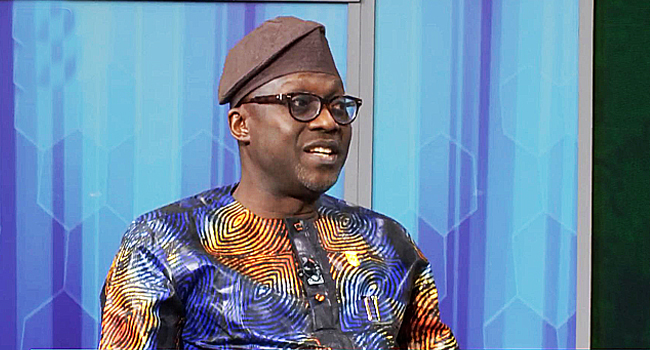Siaka MOMOH
The Manufacturing Association of Nigeria (MAN), has reeled out its position on the recent Monetary Policy Committee of the CBN held on July 21 and 22, 2025.
MAN disagrees with a number of steps taken by the Committee and offered its recommendations.
MPC stand
The Monetary Policy Committee (MPC) of the Central Bank of Nigeria (CBN) held its 301st meeting on July 21 and 22, 2025 to review recent economic and financial developments and the outlook.
The committee noted the decline in inflation rate to 22.22 percent in June 2025 from 22.97 percent in May 2025 but observed the uptick in food inflation to 21.97 percent in June 2025 from 21.14 percent recorded in May 2025.
Given the persistent uncertainty in the policy environment and underlying price pressures, the committee decided to maintain its current stance until risks to inflation recede sufficiently. Therefore, the MPR rate was maintained at 27.50 percent, asymmetric corridor around the MPR at +500/-100 basis points, the Cash Reserve Ratio for Deposit Money Banks at 50 per cent and 16 per cent for Merchant Banks and the liquidity Ratio at 30 per cent.
Implication of the MPC decision on manufacturing sector
The MPC decision reveals that the contractionary monetary stance is still maintained. The persistent increase in the rate over the years has impacted the sector negatively. The expectation of MAN is to have a rate cut that is supported by a robust fiscal policy framework capable of facilitating improved access to long term loans, enhanced productivity and sustained economic growth.
The same 27.50 percent MPR rate adopted months ago surged the cost of borrowing, as the average lending rate to manufacturers stood at more than 35% as at January 2025. The rate also had trickle down effects on production cost, impacting prices of finished products, capacity utilization, inventory of unsold goods and competitiveness negatively. In 2024 alone, capacity utilization stood at 57 percent, inventory of unsold goods rose to N2,140 billion from N1,141.33 billion recorded in 2023. These impact points combined to create uncertainty, disrupt production and investment plans.
Conclusion/Recommendation
The Manufacturers Association of Nigeria acknowledges the efforts of the Monetary Policy Committee to stabilize the monetary parameters with the view to address inflationary pressure.
However, maintaining the current rate is not sufficient to address the inflationary pressure and to reposition the economy on the path of growth. It is necessary to consider a rate cut to reduce the cost of borrowing and attract investment in the real sector.
In addition, it is critical that the Government consider the need to support the development of the real sector of the economy especially the manufacturing and Agricultural sectors, to aid the effectiveness of stabilization policy.
The Association therefore recommends as follows:
• CBN to consider reduction of interest rate subsequently to reduce inflation and synergies with the fiscal authority to provide supportive measures that will reposition the manufacturing sector.
• Commence implementation of Nigeria First Policy to boost local patronage and provide incentives for investment in backward integration and local sourcing of raw materials. This will reduce the pressure on the dollar to the barest minimum.
• Intensify the ongoing efforts at tackling insecurity in farming communities to boost agricultural production and transport logistics, thereby reducing food inflation.
• Introduce measures that will improve redistribution of income, increase the welfare of the citizens and performance of the economy.



